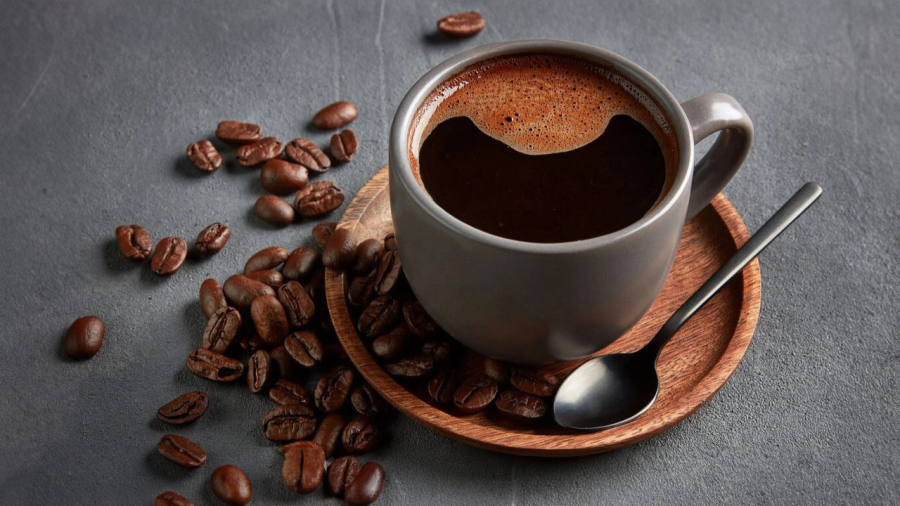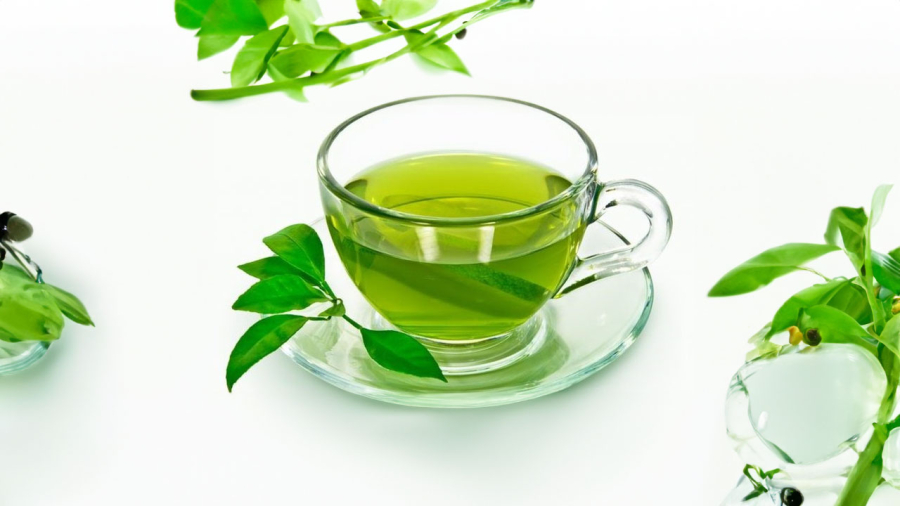Tea and coffee are familiar drinks that people often consume. However, when drinking thick and sweetened coffee, many people feel uncomfortable in the mouth and drink another cup of tea to “rinse their mouth”.
There is information that combining tea and coffee together is not good for health, which makes some people worried. What is the truth?
In fact, both tea and coffee are popular drinks in the world. They are rich in antioxidants like polyphenols, contributing to the characteristic flavor and enhancing health. These antioxidant components help users increase blood flow, support metabolism, slow down aging, promote alertness, assist in weight loss, and provide other health benefits.

Both tea and coffee contain caffeine, a compound that has a notable effect of keeping people awake, and some sensitive individuals may become excessively alert, tense, or caffeine intoxicated. However, caffeine is also beneficial to health. Some studies show that consuming a moderate amount of caffeine is effective in combating memory loss, Alzheimer’s disease, metabolic syndrome, and fatty liver. If caffeine-sensitive individuals, tea can be a good substitute for coffee because the caffeine content in tea is lower. Green tea also contains L-theanine, an amino acid with calming properties that help relax the nervous system while keeping the body alert.
Is it dangerous to drink coffee and tea at the same time?
With the characteristics of the two aforementioned drinks, combining them does not cause harm, depending on the preference of how they are consumed. However, drinking too much of both at the same time may cause an “overload” and make you caffeine intoxicated. People who are sensitive should not consume too much caffeine-based drinks, especially in the evening as it may affect sleep. Or if you are currently experiencing a high heart rate, you should not drink both, or drinking too much of both types may be more detrimental.

How much tea and coffee should you drink?
A study conducted by scientists at the University of Bologna and the Bologna University Hospital (Italy) with 1,500 participants compared the blood pressure with participants’ coffee-drinking habits. The results found that people who drank 1 to 3 cups of coffee per day had significantly lower diastolic blood pressure compared to those who did not drink coffee; those who drank 3 cups of coffee per day had even more reduced blood pressure. The UK NHS warns against consuming more than 4 cups a day as it may cause high blood pressure. Therefore, you should limit the number of coffee cups, moreover, for caffeine-sensitive individuals, the amount should be reduced or drink decaffeinated coffee.
Drinking tea and coffee will only bring benefits when consumed appropriately, avoiding drinking close to bedtime if you are stimulated, and choosing reputable, quality tea and coffee, avoiding chemicals.
Absolutely! Both tea and coffee are rich in antioxidants, which contribute to their characteristic flavors and offer numerous health benefits. These include improved blood flow, enhanced metabolism, anti-aging properties, increased alertness, weight loss support, and more. Additionally, caffeine in moderation can combat memory loss, Alzheimer’s disease, metabolic syndrome, and fatty liver.
Yes, it’s important to be mindful of your caffeine sensitivity. If you’re sensitive to caffeine, it’s best to reduce your intake or opt for decaffeinated options. Tea, especially green tea, can be a great alternative as it contains lower levels of caffeine and L-theanine, an amino acid with calming properties.
According to a study by the University of Bologna and the Bologna University Hospital, drinking 1 to 3 cups of coffee per day is associated with lower diastolic blood pressure. However, the UK NHS recommends limiting consumption to no more than 4 cups per day to avoid potential increases in blood pressure. It’s important to listen to your body and adjust your intake based on your individual tolerance and sensitivity.
Drinking tea and coffee can be enjoyable and beneficial when consumed in moderation. Avoid drinking caffeinated beverages close to bedtime if you’re sensitive to stimulation. Always choose reputable, high-quality tea and coffee products, and ensure they are free from unwanted chemicals.



































